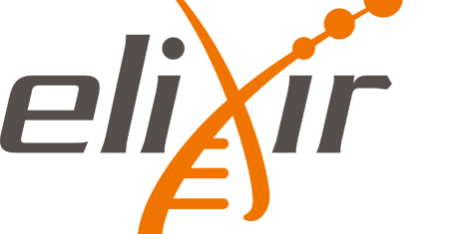Dear NSC members:
We are delighted to announce the third ELIXIR Toxicology Community Workshop on “Making toxicology tools more accessible and interoperable”. It will take place on 26-27 March at the SciLifeLab in Uppsala (Sweden).
📢 Are you a toxicologist, bioinformatician or data manager working in computational toxicology and interested in learning more about computational toxicology and how it can be used for/with your own experimental data? 📢
Several toxicology projects, such as NanoSolveIT, ONTOX, and VHP4Safety, already make computational toxicology services available. In this workshop, we will cover various aspects of making computational tools available and how they are used.
Join us in a two-day free of charge workshop at the SciLifeLab, organized by the ELIXIR Toxicology Community under the title Making toxicology tools more accessible and interoperable.
This workshop is the third in a row of five workshops, designed in a user-centric way for toxicologists, bioinformatician or data managers working in computational toxicology and beyond and researchers interested in learning more about computational toxicology and how it can be used for/with your own experimental data.
We will present existing tools for toxicology and user stories on data and tools to illustrate challenges and opportunities in toxicology these days.
What are we missing and what are the key challenges?
Like to join, learn and discuss with us on 26 and 27 of March at the SciLifeLab Data Centre, Uppsala, Sweden?
More information about the programme and registration.
On behalf of the organizers,
Ola Spjuth, Dep. of Pharmaceutical Biosciences, Uppsala University, SE
Arnold Kochari, SciLifeLab Data Centre, Uppsala University SE
Egon Willighagen, Translational Genomics, Maastricht University, NL
Looking forward meeting you in Sweden!
Read here more information about the INTOXICOM community and about the 1st workshop on “FAIR-ification of Toxicological Research Output: Leveraging ELIXIR Resources” (02.05.2024) and the 2nd workshop on “Research Output Management” (on 27-28.11.2024).
